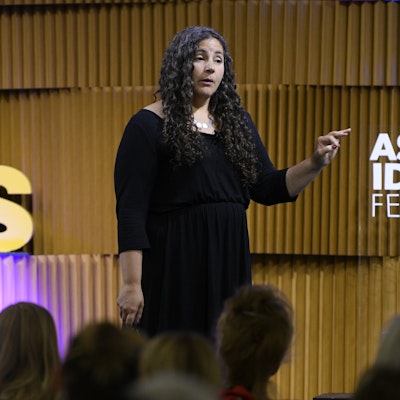
When you lean into pain and sacrifice and learn from it, you can expect a number of benefits.
Show Notes
As many of us know personally, the coronavirus pandemic has taken a toll on mental health. As lockdowns were enacted, loneliness, isolation, and depression increased. Concerns of loved ones dying and fear of contracting the virus affected our well-being. Since April of 2020, about 40 percent of US adults have reported symptoms of depression and anxiety. In 2019, that figure was just 11 percent, according to the Journal of the American Medical Association. Arthur Brooks, a Harvard business professor and behavioral social scientist, says it's possible to turn post traumatic stress from pandemic into post traumatic growth. He shares how to emerge from the pandemic happier, stronger, and more resilient.
Learn More
Additional Information
Explore
Related episodes


Across the industrialized world, millions of people live with sparse human contact.


How can we avoid the middle age blues and feel purposeful later in life?


Yale's Laurie Santos gives a crash course on how to feel less stressed and depressed.







